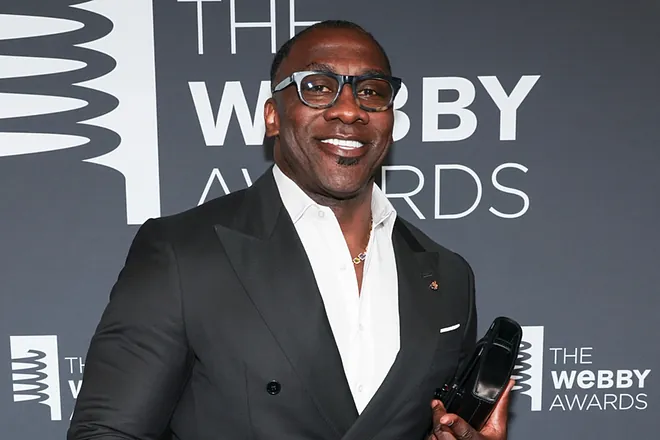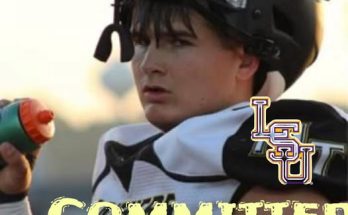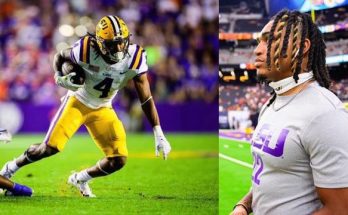Shannon Sharpe, the Pro Football Hall of Famer and popular media personality known for his outspoken style and fiery commentary, now finds himself at the center of a deeply serious legal storm. After weeks of remaining publicly silent in response to a civil sexual assault lawsuit filed against him, Sharpe has been formally summoned to appear in court—a move that has intensified scrutiny and speculation around the case.
The lawsuit, filed in a California civil court earlier this year, accuses Sharpe of sexually assaulting the unnamed plaintiff during what she describes as a “private and non-consensual encounter” that took place in the summer of 2021. The civil complaint outlines explicit allegations of misconduct, claiming that Sharpe “used his status, influence, and physical dominance” to intimidate and violate the plaintiff. The woman, whose identity is being withheld to protect her privacy, alleges that Sharpe’s actions caused her “severe emotional trauma, psychological distress, and long-term reputational harm.”
Sharpe has yet to file a formal response in court, and his legal team has remained tight-lipped about the lawsuit. His silence, both in court filings and public statements, has drawn increasing criticism from legal analysts and members of the public alike—especially given his highly visible presence on social media and television platforms such as ESPN’s First Take. That silence came to an abrupt end when a California judge ordered Sharpe to appear at an evidentiary hearing to address the claims and respond to discovery demands from the plaintiff’s attorneys.
The hearing, scheduled for later this month, is expected to determine whether the case will proceed to trial. According to legal experts, the court’s decision to summon Sharpe after his prolonged silence suggests that the judge is taking the matter seriously and that the plaintiff’s case has met the basic thresholds required to move forward in civil court.
“This is not a step courts take lightly,” said legal analyst Jordan Manley. “A formal summons for a court appearance after non-response typically means the defendant has ignored procedural deadlines or has not engaged in the discovery process. It’s a move to compel action—and in a high-profile case like this, it sends a powerful message.”
Sharpe, 56, has seen his star rise far beyond the gridiron in recent years. After a Hall of Fame NFL career with the Denver Broncos and Baltimore Ravens, where he was widely regarded as one of the most dominant tight ends in league history, Sharpe transitioned seamlessly into broadcasting. His animated debates with co-hosts like Skip Bayless on FS1’s Undisputed and, more recently, his spirited exchanges with Stephen A. Smith on ESPN’s First Take have earned him a devoted fanbase and a massive online following.
But the lawsuit threatens to cast a long and potentially irreversible shadow over his post-football success. In addition to the civil damages being sought—which reportedly include compensation for emotional suffering, therapy costs, and punitive damages—the plaintiff’s legal team has also requested access to Sharpe’s past communications, social media records, and any possible nondisclosure agreements that may relate to prior misconduct allegations. If granted, this discovery process could unearth additional damaging information, further complicating Sharpe’s defense.
Public reaction to the lawsuit has been mixed, with many fans expressing shock and disappointment, while others have called for due process and cautioned against rushing to judgment. The situation has reignited broader conversations about how high-profile athletes and media figures are held accountable for their actions, particularly in the #MeToo era.
“This case is bigger than just one celebrity,” said Marcia Bennett, a gender rights advocate and attorney based in Los Angeles. “It’s a litmus test for how seriously we take allegations of sexual assault—especially when they’re leveled against people with money, power, and influence. The silence from Sharpe and his team up until now has been deafening, and the court’s decision to summon him is a sign that no one is above the legal process.”
Despite the seriousness of the allegations, Sharpe has continued to appear regularly on First Take, with neither ESPN nor Sharpe issuing any public statements about the lawsuit. That silence has drawn backlash from some critics who argue that media platforms have a responsibility to address such issues head-on, particularly when they involve their own talent.
“It’s baffling that he’s still on air every week, talking sports like nothing’s happening,” one media analyst wrote on X (formerly Twitter). “There needs to be a transparent investigation and accountability—not a wall of silence.”
Others have pointed to a double standard in how different figures in sports media are treated when facing serious allegations. Some critics have noted that other personalities have been suspended or removed from air pending investigations for far less serious issues, raising questions about ESPN’s decision to let Sharpe continue his broadcasting duties uninterrupted.
As the court date approaches, pressure is mounting on Sharpe to not only defend himself in court but also address the allegations publicly. Whether he will break his silence remains to be seen, but many legal experts agree that his first formal court appearance will be a pivotal moment.
“If Sharpe continues to withhold comment or refuses to cooperate in discovery, he risks further legal penalties, including default judgment,” said attorney Kyle Freeman, who specializes in civil litigation. “But more than that, he risks his reputation. Silence can be interpreted in many ways, and the public has a long memory when it comes to serious accusations like this.”
According to court documents, the plaintiff has already submitted sworn statements and medical documentation corroborating her account of the alleged assault. Her legal team has indicated that they are prepared to bring forth additional witnesses, including friends and mental health professionals, who can testify to her condition and the immediate aftermath of the incident.
In civil court, the standard of proof is “preponderance of the evidence,” a lower bar than the “beyond a reasonable doubt” threshold in criminal trials. Still, the impact of a loss—even without criminal charges—could be career-altering for Sharpe. A court finding of liability for sexual assault would likely trigger a wave of consequences, both legal and professional, including potential suspension or termination from his media roles and major damage to his brand partnerships.
For now, Sharpe remains publicly mum on the matter. His attorney, in a brief statement filed with the court, has denied the allegations and argued that the claims are “categorically false and motivated by financial gain.” However, that denial has yet to be substantiated with a formal response to the complaint or participation in the ongoing discovery process—factors that likely contributed to the court’s decision to issue a summons.
The days ahead will be crucial not only for Sharpe’s legal standing but also for how the sports world grapples with yet another high-profile figure facing disturbing allegations. As the case unfolds, questions of credibility, accountability, and justice will loom large—not just in the courtroom, but across the court of public opinion.
The scheduled hearing is expected to be open to the public and press, with media outlets already preparing for intense coverage. Given Sharpe’s prominence and the gravity of the claims, the proceedings could quickly escalate into one of the most closely watched legal battles in the intersection of sports and celebrity in recent years.
Until then, the spotlight remains fixed—and the silence, increasingly deafening.



